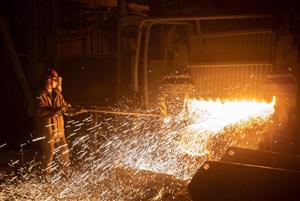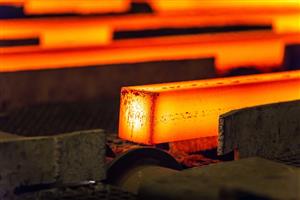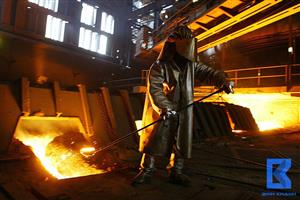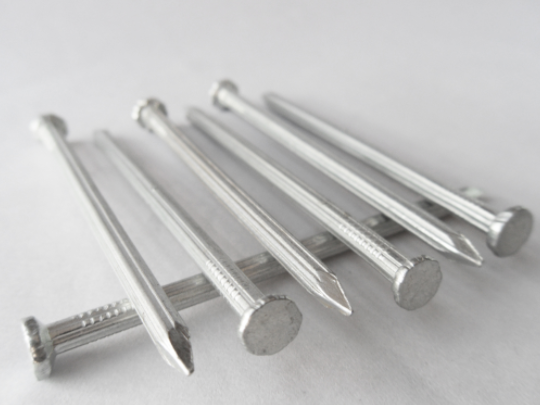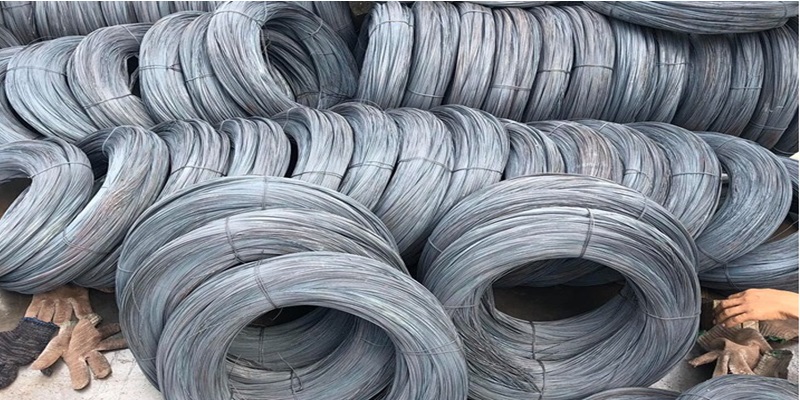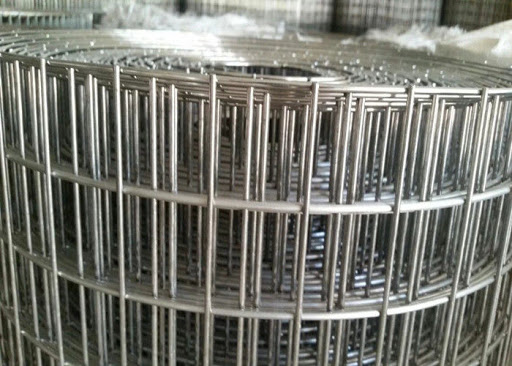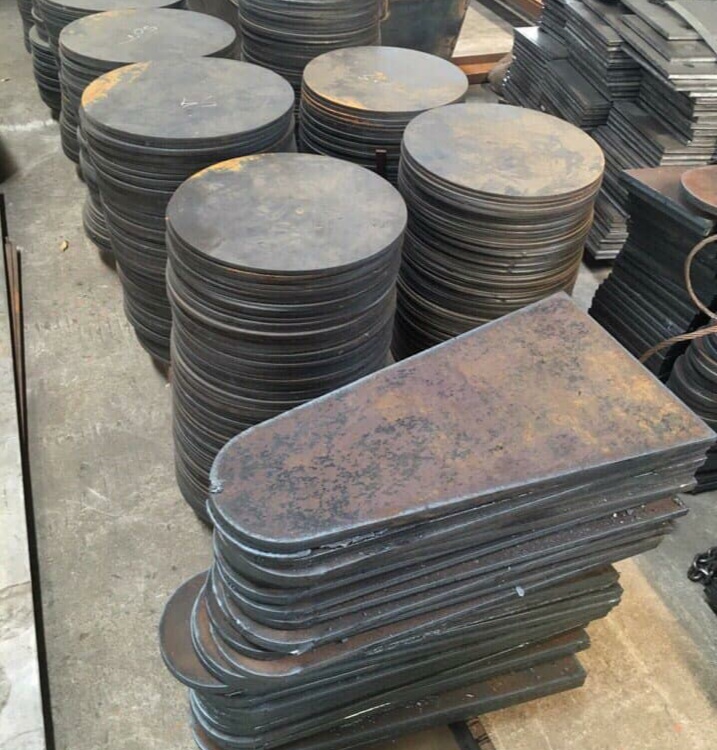Many people think that after being devastated by the COVID-19 pandemic in the past few years, China's steel market is on a recovery trend. However, new challenges are gradually appearing, hindering this industry both in the short and long term.
Power cuts to save energy and falling demand due to the real estate crisis are holding back the growth of the steel industry. Worse, supplies of vital raw materials such as coking coal and iron ore are also being disrupted.
Future outlook looks bad, oilprice.com said. This can be clearly seen from the recent statement of Mr. Li Ganpo - founder and chairman of Hebei Jingye Steel Group.
At a meeting a few weeks ago, Mr. Li warned that nearly a third of China's steel mills could go bankrupt. If this forecast comes true, the steel supply chain is at risk of being severely disrupted.
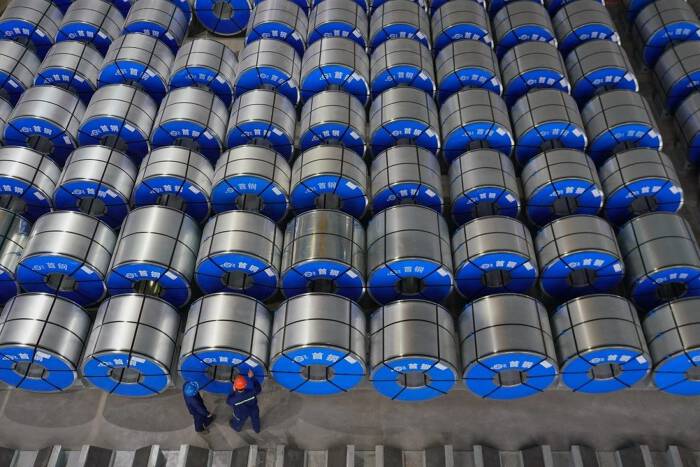
A steel plate factory in Hebei province, China. (Photo: Xinhua).
Many experts in the industry have lost hope of a turning point in the near future. This pessimistic sentiment has been clearly shown in many reports from China over the past time.
The real estate crisis affects not only real estate developers and steel producers, but also banks.
When it was still one of the largest steel production and consumption markets in the world, steel mills in China used to produce more than 1 billion tons of steel. This production accounts for about half of the total global production.
Now, everything seems to be an old and distant memory. The slump in China's steel industry has also impacted iron ore prices and even supply mines in Brazil and Australia.
Iron ore, Australia's biggest export, is facing supply chain threats due to the collapse of China's steel industry.
Experts predict that the price of ore will fall by 50% in 2023, when the real estate market in the billion-people economy continues to decline. Consumers will then not buy a new home or be unable to repay their mortgage.
Recently, the People's Bank of China (PBoC) announced a number of measures to support the economy such as lowering the 5-year mortgage prime lending rate and the one-year basic lending rate. .
However, many feel these moves are too late. According to oilprice.com, analysts believe that the situation of the economy and the steel industry is unlikely to improve in the second half of 2022.
Steel mills were once at the forefront of China's economic expansion. However, now economic conditions have deteriorated to the point that many steel mills are on the verge of shutting down due to lack of customers.
To complicate matters further, a heat wave in many parts of China forced local governments to cut off electricity. This resulted in steel mills having to suspend operations. About 20 steel mills in the southwest of China have temporarily closed in the past few weeks.
In 2015, when the real estate industry plunged, Beijing issued stimulus packages to revive the market. This year, however, the administration of President Xi Jinping seems to be quite timid.
It wasn't until the middle of last week that Beijing announced stimulus measures estimated to total $1 trillion to boost the overall economy.
However, stimulus measures such as infrastructure spending often have a lag of 6 to 9 months from the time the stimulus is announced and when they have a real impact on the economy. In other words, steel demand is likely to remain subdued for at least a few more months.
Vietnambiz
 English
English  Vietnamese
Vietnamese



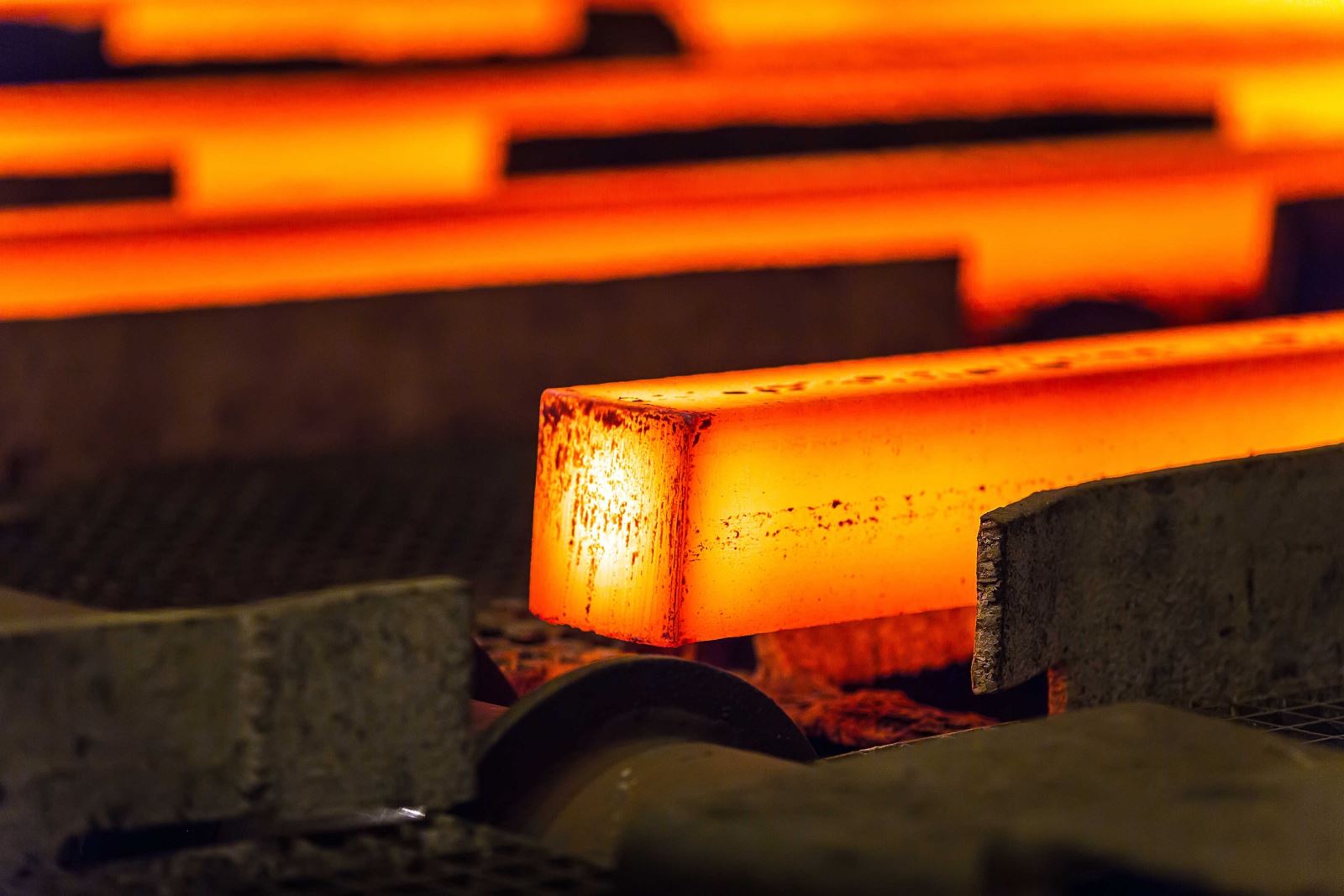
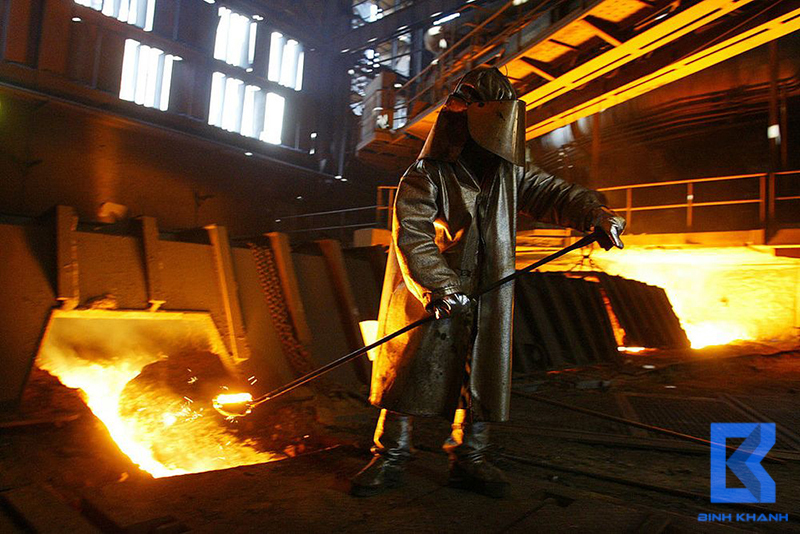

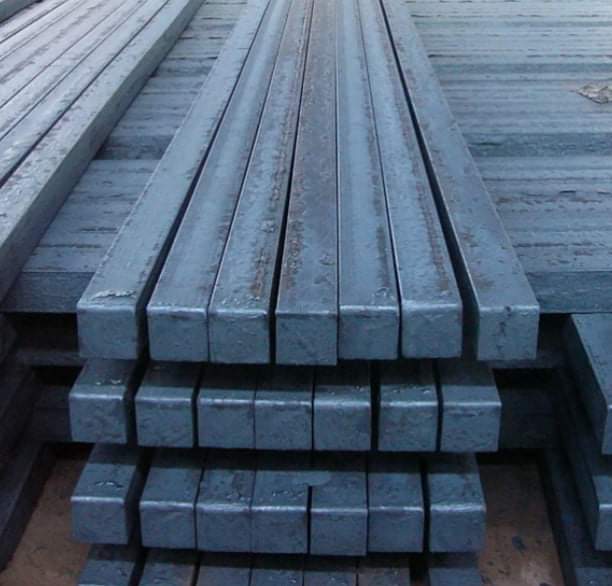

w300.jpg)
